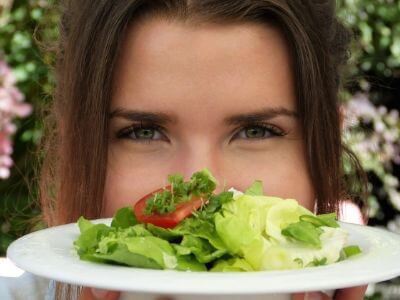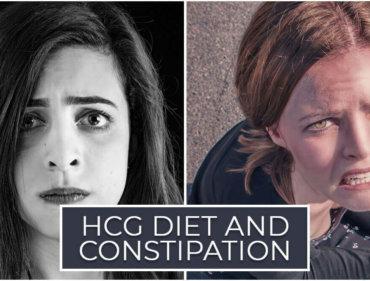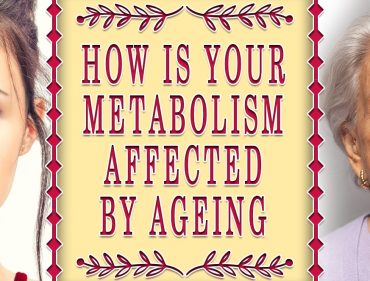Food addiction involves the consumption of highly palatable foods in large quantities or more than the daily caloric requirements of the body. . Food addiction is a type of eating disorder that may involve either binge eating or bulimia nervosa. It runs similarly to other addictions, which explains why some people cannot control themselves around certain foods.
What Causes Food Addiction?
Consuming highly appetizing foods can trigger the pleasure centers of the brain and releases feel-good chemicals such as dopamine and serotonin. Other causes include:

- Biological causes. The influence of this disorder may include hormonal imbalances, abnormalities of the brain structure, medication side effects, and a family history of food addiction.
- Psychological factors. Factors included in this category might include emotional or sexual abuse, trouble coping with negative situations, and being a victim or survivor of a traumatic event.
- Psychological factors. It influences a person to use food as a coping mechanism to relieve painful emotions, peer pressure, chronic stress, and social isolation.
- Other co-occurring disorders. Eating disorders or substance abuse can also cause food addiction. Because food addiction is a complex mental health issue, it can worsen if left untreated. It is important to seek professional help to manage and cope with the causes of food addiction.
What are the Treatments of Food Addiction?
Treatment and recovery from food addiction may be more complicated than recovery from other kinds of addictions. There are also a growing number of programs that help people who are addicted to food. Most medical providers recommend:
- The 12-step program along with strict diets advises people to abstain from the triggers of overeating. It works through group meetings with others who struggle with food addiction. A professional is provided to help each person develop healthy eating habits.
- Cognitive-behavioral therapy. It is a psychological approach that is effective in treating eating disorders, like binge eating disorder and bulimia.
Treating Weight Gain Caused by Food Addiction

It will take a lot of willpower and sacrifice to overcome food addiction. Lifestyle changes including dietary patterns and food choices can help alleviate the condition. As much as you can, avoid alcoholic drinks and caffeinated beverages. For food addiction-related weight gain, you can take weight-loss drugs that may correct your eating behavior.
HCG Diet for Food Addiction Treatment
People with food addiction lose control of overeating as the desire to eat is strong and can overpower you. Involving food when you are having a high-stress level is also one of the causes of food addiction. Losing weight through the HCG diet can reverse the effects of hormonal imbalance and resets your hypothalamus for low-calorie eating.
The HCG diet involves a combination approach of HCG shots and a 500 calorie intake per day. Through the VLCD you can be able to control your food addictions. The HCG injections cause you to feel less likely to get hungry and prevent you from eating too much. As a result, you can lose a reasonable amount of weight and manage your eating behavior.






















